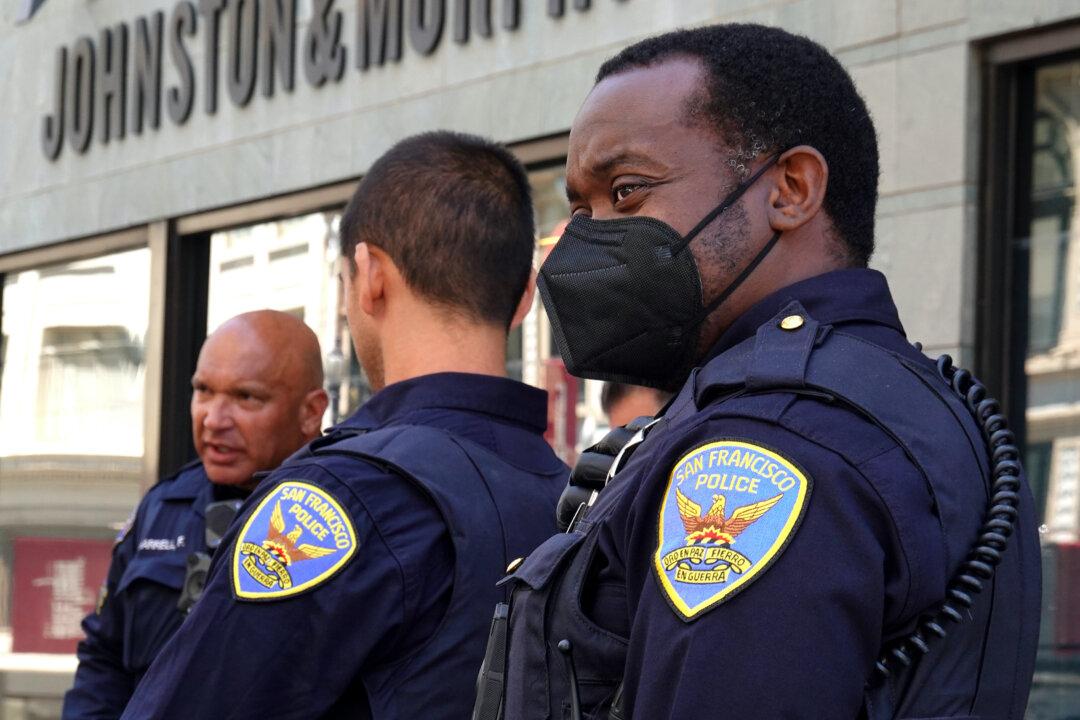Business owners, consumers, and employees are facing unprecedented risks to their belongings and their safety because of shoplifting crimes affecting local California communities, with a law enacted by voters nearly a decade ago playing a key role, experts suggest.
Passed in 2014, Proposition 47 changed the threshold for felony theft, raising the bar from $400 to $950 per incident enabling thieves to steal just under the upper limit and risk only a misdemeanor.





